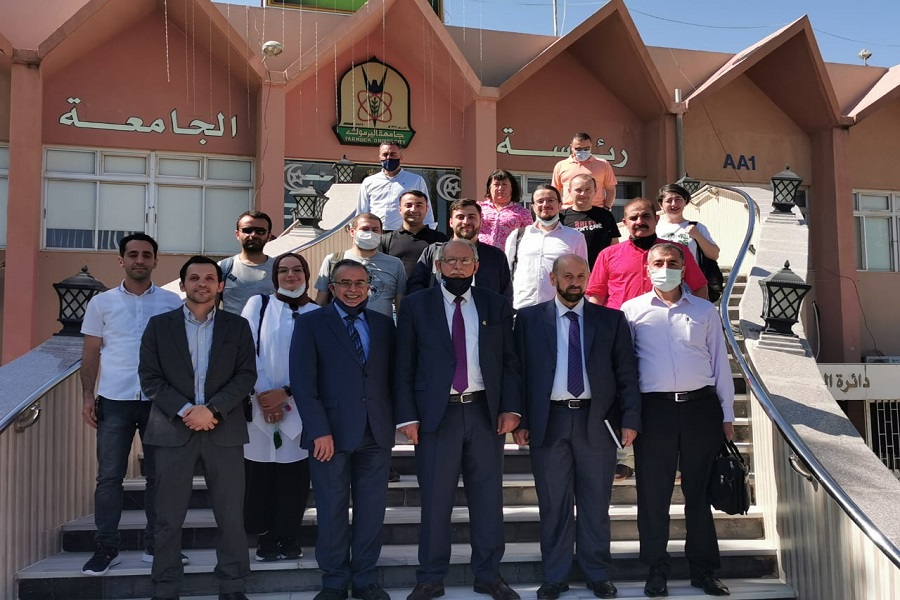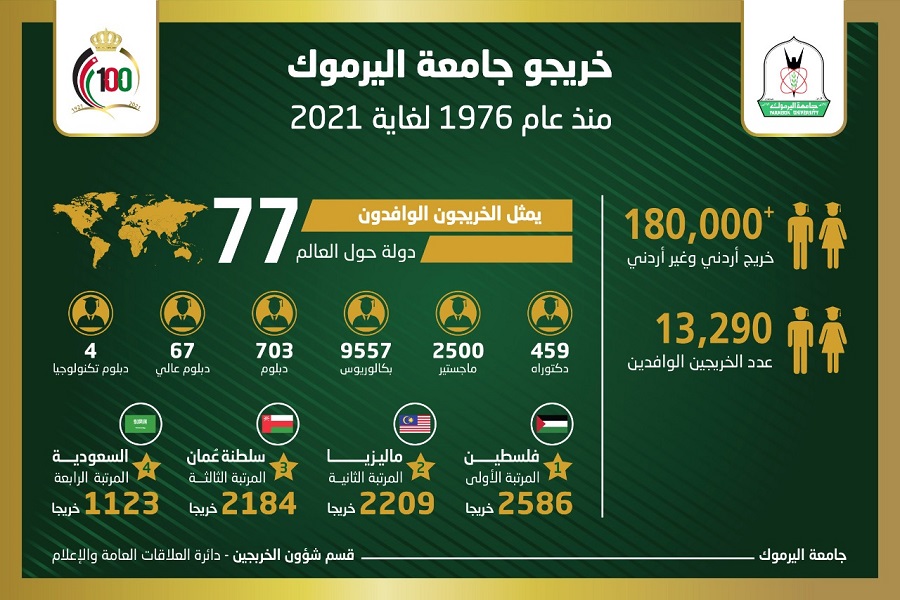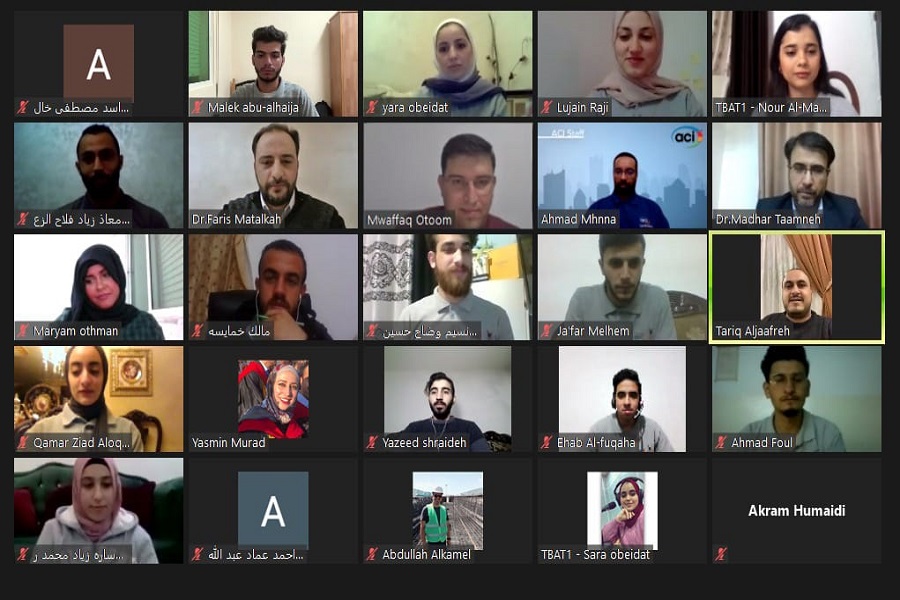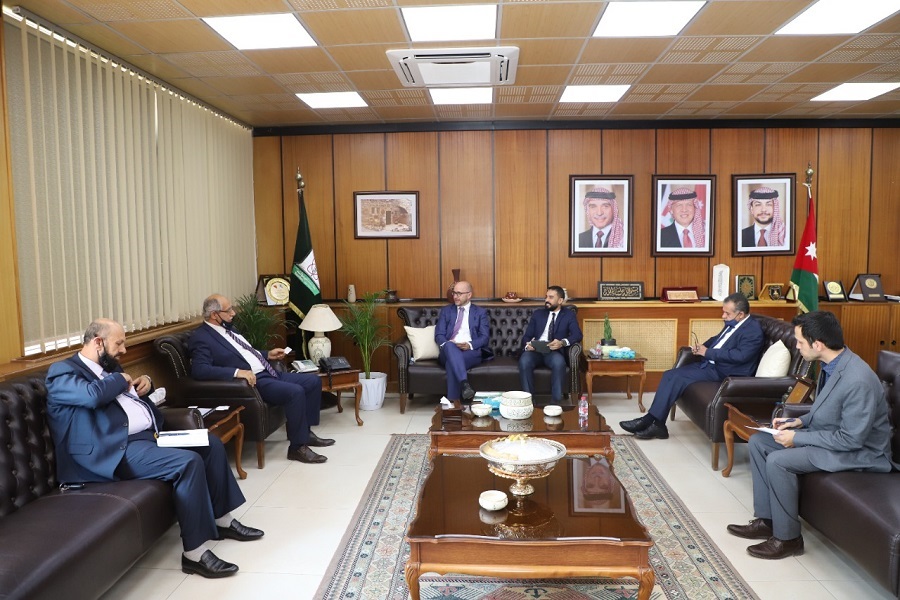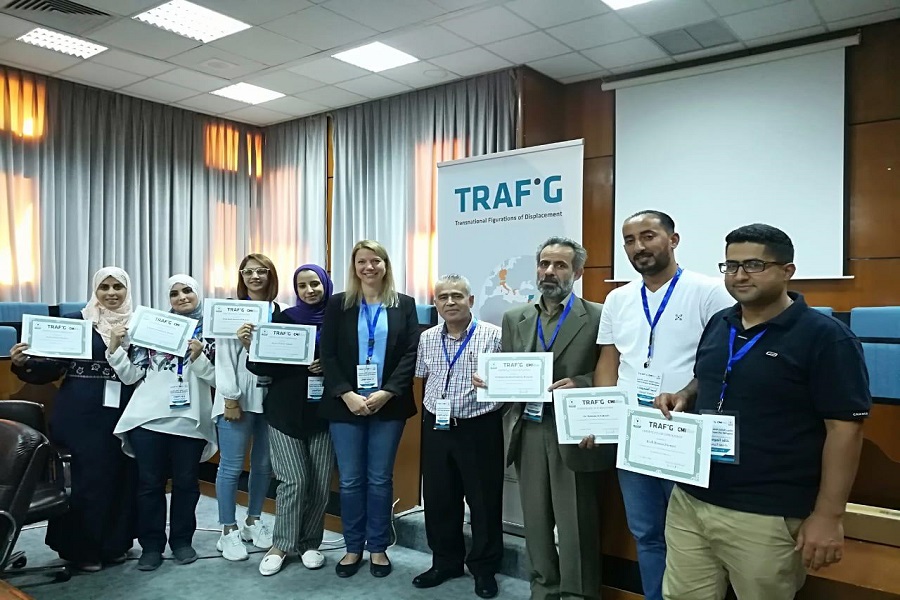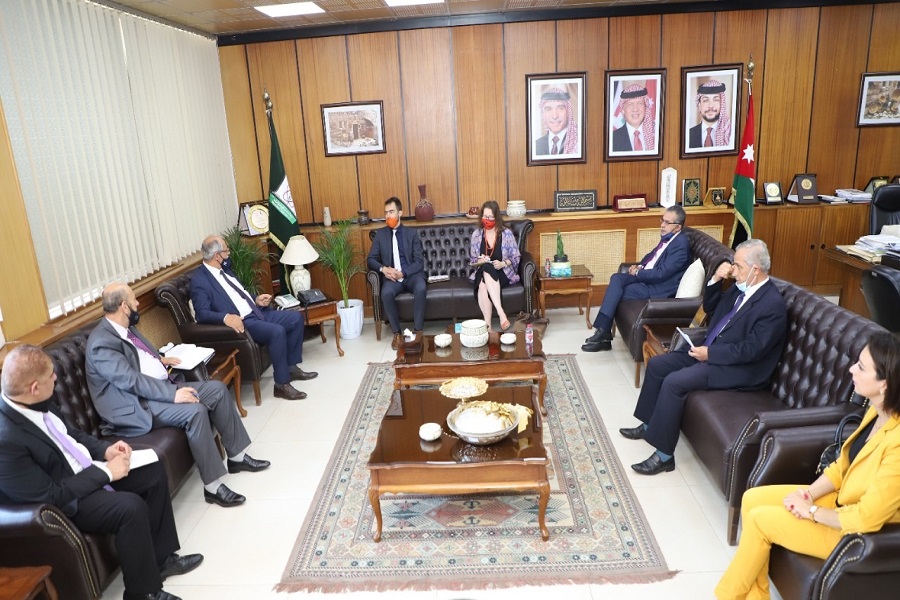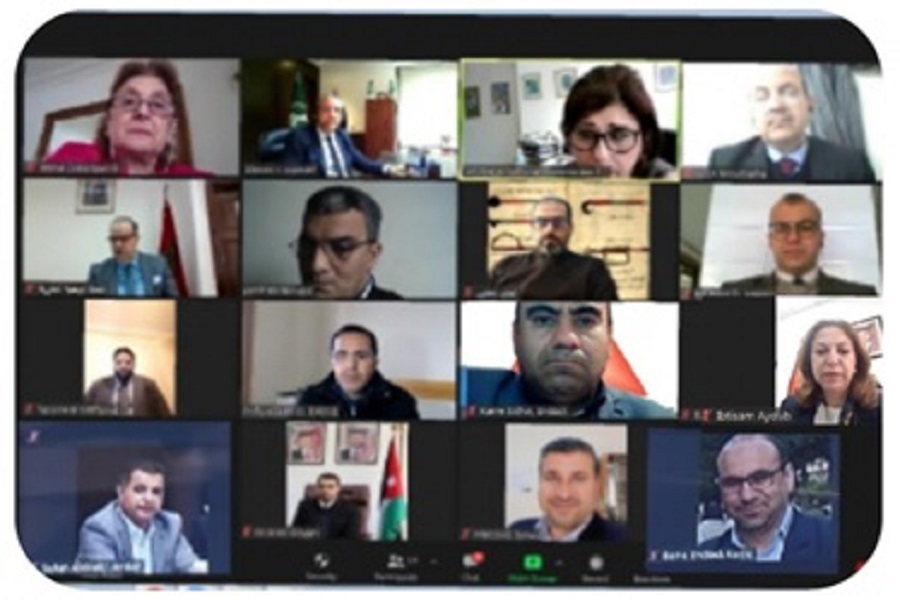
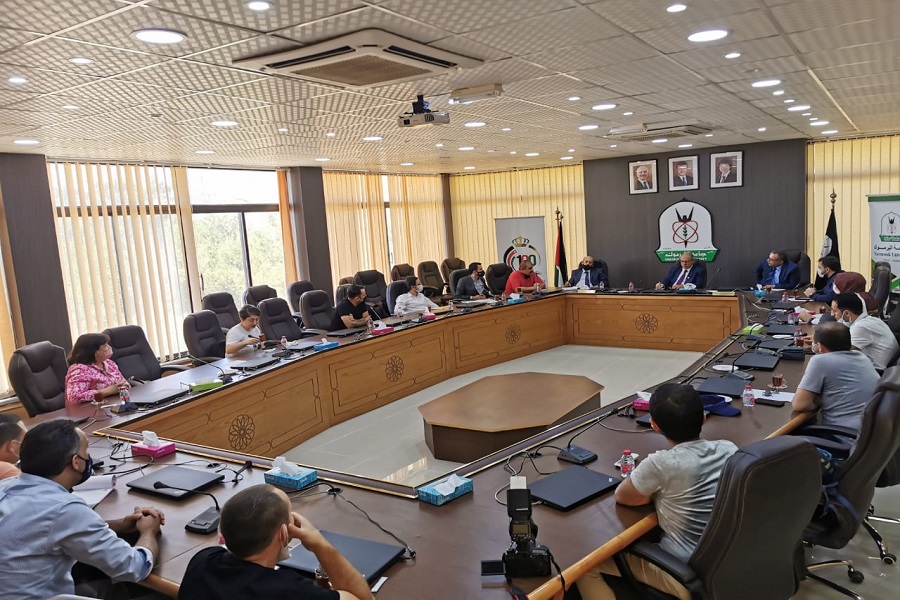
While receiving a delegation from the Turkish University of Cankiri within the framework of the Erasmus program, the President of Yarmouk University, Prof. Nabil Hailat, stressed that Yarmouk is unique among other Jordanian universities by offering distinguished academic programs like the media majors and the Bachelor of Arabic Language for Non-Native Speakers program, thus making of itself a destination for many international students wishing to study and complete their higher studies in Jordan.
Hailat stated that YU welcomes the cooperation with the Cankiri University and other Turkish universities through exchanging administrative, academic staff as well as students in line with its strategic plan to strengthen relations with various universities and international institutions. Hailat then pointed out the importance of cooperation in scientific publishing between the professors of the two universities, considering that "Yarmouk and Cankiri" are linked to a memorandum of understanding and two cooperation agreements in the field of students and faculty exchange as well as scientific and research cooperation.
For his part, the Director of the Department of International Relations and Projects, Dr. Ghazi Magableh, presented an explanation about Yarmouk University and its faculties, departments and centers. He then explained that the Cankiri delegation includes 11 faculty members and researchers, indicating that the delegation visited the university campus to know about its facilities, meet the deans of the faculties and heads of departments, and complete the training and teaching programs prepared for them.
It is noteworthy that Yarmouk University during the past few weeks has received 16 academics and researchers from three Turkish academic institutes within the framework of the Erasmus Plus cultural exchange program.
